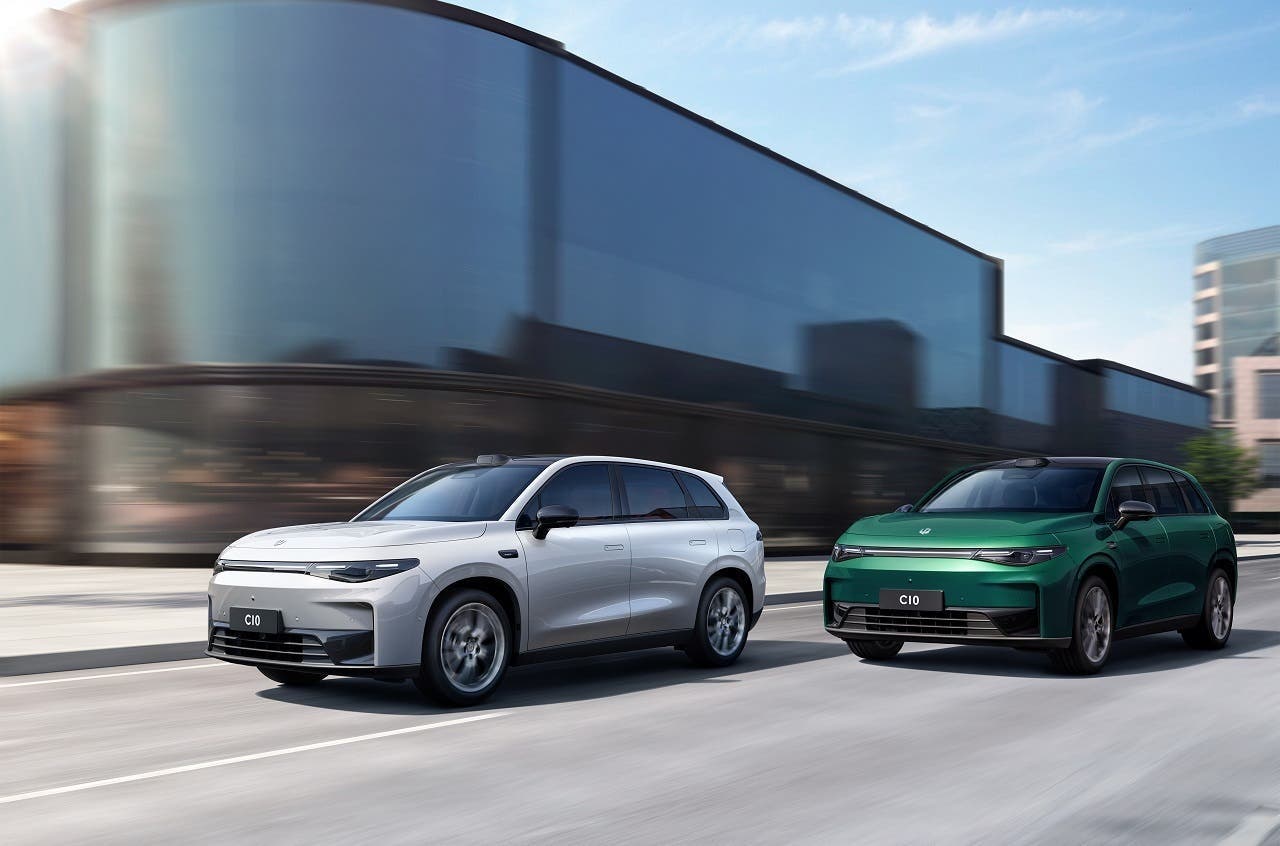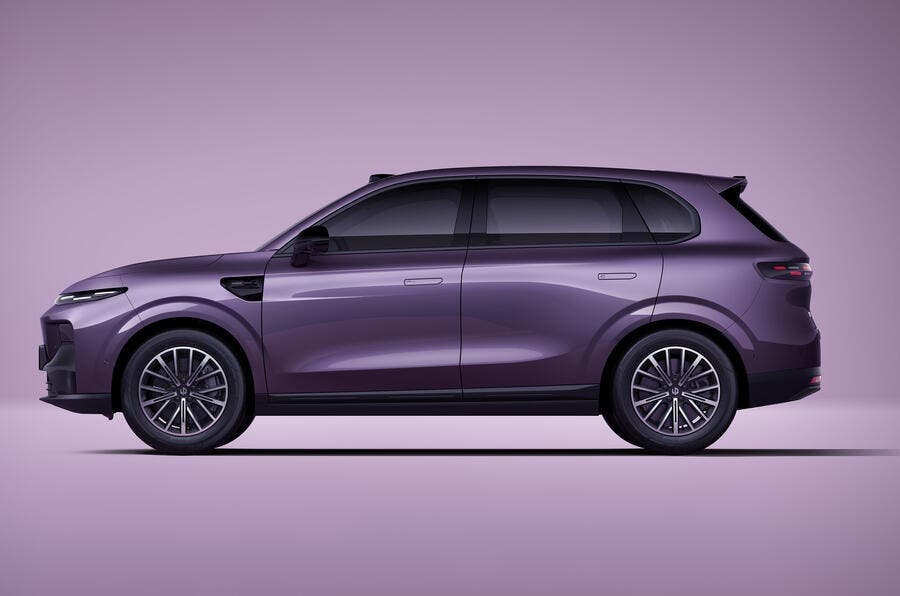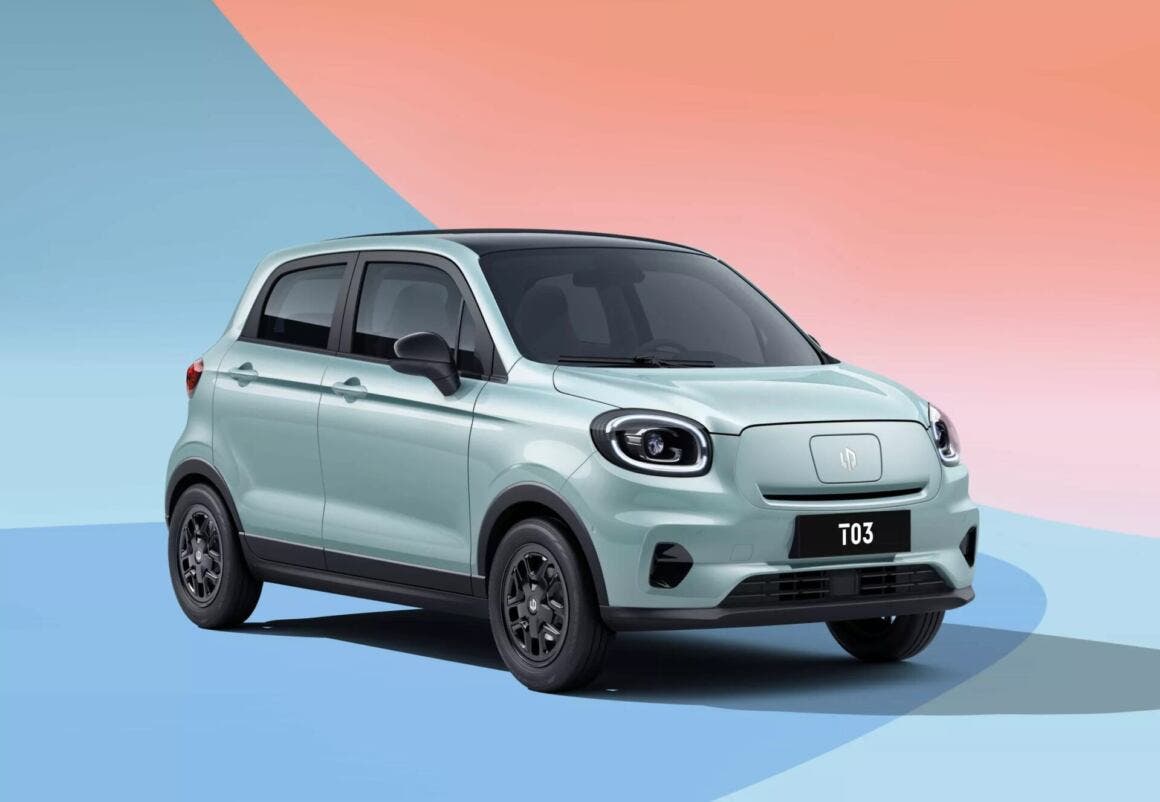Leapmotor, the latest Chinese electric vehicle manufacturer to expand into the British market, will grow its UK range with six models by 2027. The brand, of which Stellantis holds 51% of international operations, has already introduced the electric city car T03, a competitor to the Dacia Spring, in the country and has recently launched the large SUV C10.
Leapmotor will expand its range in the United Kingdom with six models by 2027

By the end of this year, Leapmotor will also make available a range extender version of the C10, while later introducing the B10, an SUV similar in size to the Alfa Romeo Tonale. The range will be completed with a more compact B-segment SUV and two other non-SUV models: one belonging to the B-segment and the other to the C-segment, although the body type for these last two vehicles has not yet been revealed.
The company is evaluating the extension of range extender technology to other models, but will first wait for market response to the C10 REEV. Damien Dally, head of Leapmotor UK, stated that the brand’s goal is to become “the electric vehicle brand with the best value for money and the highest level of technology.”

Although he did not provide specific details on growth plans, Dally described Leapmotor as a long-term project, acknowledging that in the short term it will contribute to achieving the Stellantis group’s ZEV mandate target, establishing itself as a predominantly electric brand.
Currently, Leapmotor has 44 dealers at Stellantis brand locations in the UK, with plans to reach about 75 by the end of the year, thus achieving the same level of presence as Fiat in the country.
The T03 is currently the only Leapmotor model produced in Europe, specifically in Poland, thanks to Stellantis’ production network. This strategy was implemented quickly, leveraging the group’s established presence on the continent. According to Dally, it is “likely that other cars besides the T03 will be produced in Europe,” as Stellantis has extensive infrastructure that facilitates local assembly. This choice would also allow avoiding EU import duties on electric vehicles from China, ensuring greater competitiveness in the European market.

